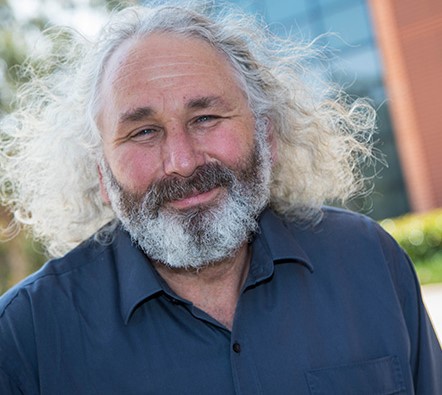A promising new treatment program for parents and teenagers struggling with problematic excessive online screen time will start in Wyong from mid-October.
Too much video gaming can have serious behavioural impacts on children and teens and in extreme cases lead to missing school and aggressive behaviour, warns Developmental Psychologist Associate Professor Wayne Warburton.
He and his colleagues at Macquarie University, Professor Maria Kangas and Brad Marshall, conducted a study of about 1000 Australian teenagers which found 2.8 percent were affected by Internet Gaming Disorder.
Their series of case studies revealed children aged 11 to 13 were addicted to video games including Minecraft, Roblox, Fortnite, Call of Duty, Counter Strike: Global Offensive or to smart phones, social media, YouTube or streaming TV.
Since 2013 Internet Gaming Disorder (IGD) has been included in the Diagnostic and Statistical Manual of Mental Disorders and in 2019 the World Health Organisation recognised Gaming Disorder as a mental health condition and it was officially added this year to the International Classification of Diseases.
Warning signs are children who spend an increasing amount of time in their bedrooms, falling school grades, missing important activities, abandoning pastimes they used to enjoy, lying about how much time they spend on gaming and a shrinking circle of friends.
They might be tired and irritable, find it hard not to game, possibly even becoming aggressive or violent if anyone tries to separate them from the screen.
Prof Warburton said the recommended amount of recreational screen time varied for different age groups.
“For under-twos, no screens; and for those aged two to five the recommendation is up to 45 minutes of educational media day, like Playschool or Sesame Street, but it’s important that there’s an adult present to guide that viewing,” he said.
“For school-age kids, if they’re getting above three to four hours a day then you’re running out of room for them to have a balanced life.
“It’s all about moderation and good choices.”
He said creators of online apps and games used a “persuasive design” such as easy use, autoplay, random rewards, frequent prompts and triggers with the express purpose of keeping you at the screen as long as possible.
“It’s a ruthless and anti-social strategy that puts profits ahead of the welfare of our children.
“Young people who have yet to fully develop willpower and self-control are at particular risk.”
Prof Warburton and his team have been working over the past two years with a German team to develop and refine a new treatment program, RES@T-A, for teenagers who play video games at problematic levels.
It was initiated by German psychiatrist Dr Kerstin Paschke and her team at the German Center for Addiction Research in Childhood Adolescence at Hamburg University Medical Centre.
“We’ve had excellent results from the Hamburg trial over the past two years,” Prof Warburton said.
“The program is designed to be fun, engaging and supportive, and involves games, quests, quizzes and a range of other activities designed to facilitate learning and change gaming behaviour.
RES@T-A will start from mid-October at the Mind and Me psychology clinic at 33 Margaret St, Wyong.
Sue Murray




